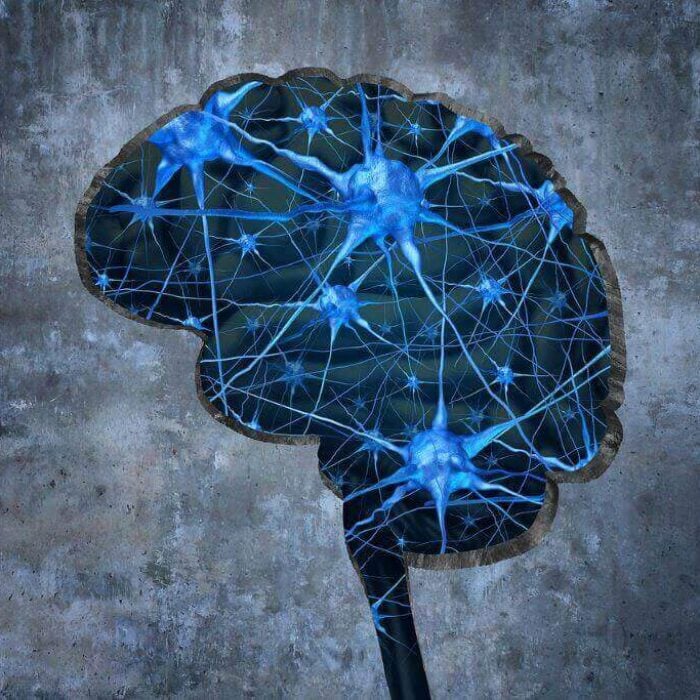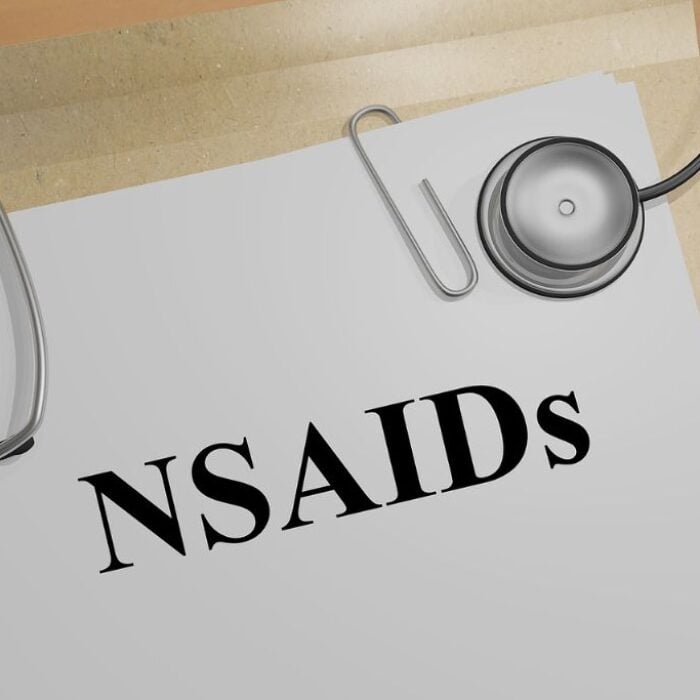Dr. Clifford A. Bernstein, co-medical director of The Waismann Method, an advanced procedure for rapid opiate detoxification under deep sedation, is warning Americans of the negative side effects to gastrointestinal health from sustained use of opioids. If used for a prolonged period of time, opioids are proven to cause significant damage to the gastrointestinal tract, including constipation, nausea, vomiting, spasms, the formation of hard and dry stool, diverticulitis, and in severe cases colon rupture.
“Opioid medications commonly cause impaired gastrointestinal function after long-term use, which leads to a host of other uncomfortable and potentially life-threatening issues,” said Bernstein. “Many people are unaware that opiate use can actually trigger these symptoms, and we believe it’s important for users, patients, and anyone close to them to be well-educated about these specific hazards of long-term use.”
According to Dr. Bernstein, people treated with opioids such as OxyContin, Percocet, and Vicodin, as well as maintenance therapies like methadone or Suboxone (both medications used to treat opioid addiction) for prolonged periods of time risk developing these physical issues. Most conditions stem from sluggish gastrointestinal function and constipation, which can cause users to strain during bowel movements, leading to painful hemorrhoids. Diverticulitis, an infection in the large intestines marked by the formation of pouches (diverticula) on the outside of the colon, can also occur from long-term use of these medications. This condition frequently causes abdominal pain, fever and bloating. If it progresses, diverticulitis can eventually cause colon rupture.
The Waismann Method of Opiate Detoxification is a pioneering medical procedure, which provides a safe and humane treatment for opiate dependency. Patients in the Waismann program are supervised closely in a hospital setting to maximize success and safety. All Waismann Method doctors are board certified in anesthesiology and pain management, and treatment is performed in the Intensive Care Unit of a hospital. Following detoxification, patients are transferred to Domus Retreat for mental and physical stabilization while under professional care.
For more information about the Waismann Method or Domus Retreat please visit Opiates.com.
About The Waismann Method
Performed in a hospital intensive care unit, the Waismann Method involves cleansing receptors in a patient’s brain of the narcotics while the patient is under anesthesia, reversing the chemical imbalance. During the procedure, the patient will experience minimal conscious withdrawal and will be able to return home within days. Seventy-five percent of the prescription drug dependent patients who are treated with the Waismann Method remain drug-free after one year. Please visit Opiates.com for more information.
Source: PRWeb














